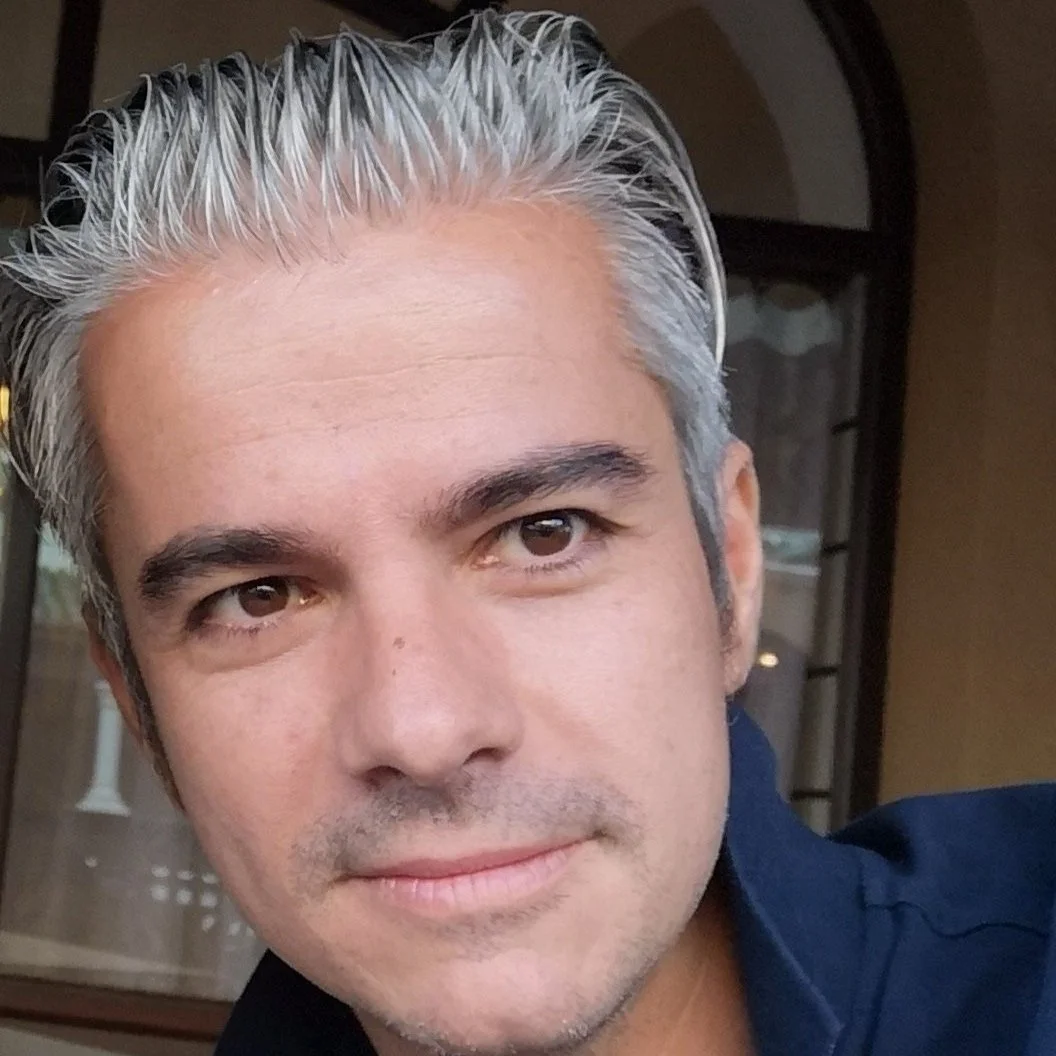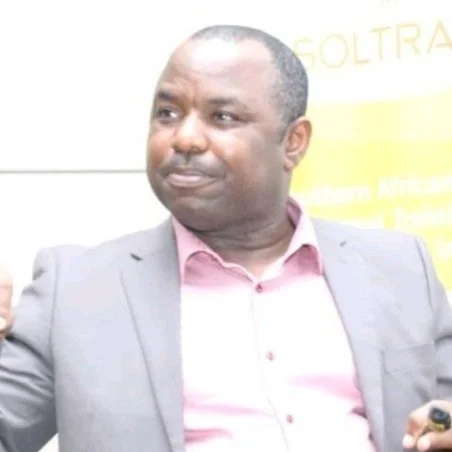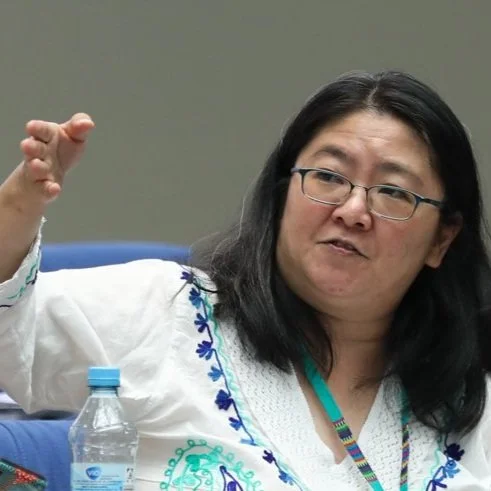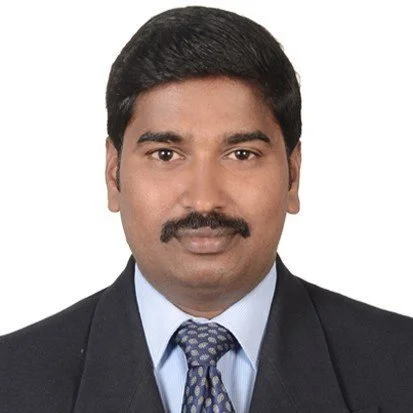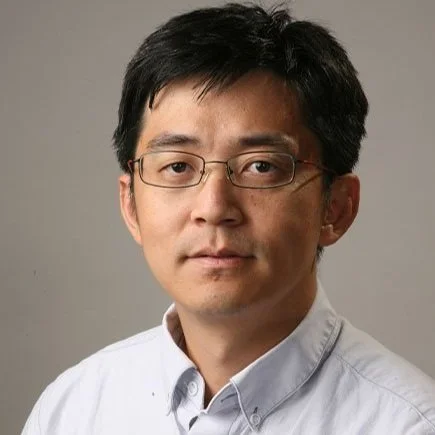In an era of rapid technological advancement, "Energizing Futures" aims to address the synergy between traditional energy practices and emerging innovations. It challenges thinkers, innovators, and policymakers to understand the value of integrating age-old wisdom with modern-day technology. By emphasizing a balanced approach to energy management, we hope to pave a sustainable, efficient, and inclusive path forward.
KEYNOTE SPEAKER
Professor Marc Rosen
Professor, Mechanical Engineering at the University of Ontario Institute of Technology in Oshawa, Canada.
SPEAKERS
Prof. Daniel M. Kammen
Professor of Energy, University of California, Berkeley, United States
Dr. Andrés Honrubia Escribano
Associate Professor, Department of Electrical, Electronics and Control Engineering,University of Castilla-La Mancha (UCLM), Spain.
Prof. Kevin N. Nwaigwe
Professor of Energy and Power Engineering, University of Botswana, Botswana.
Dani Alexander
CEO, UNSW Energy Institute, UNSW Sydney, Australia
Dr. Debbie Ley
Chief, Energy and Natural Resources, Comisión Económica para América Latina y el Caribe, Chile
Dr. Ravi Kumar
Associate Professor, Indian Institute of Technology (IIT) Madras, India
Dr. Wei Yan
Director of PhD & MS Research Programs, Department of Architecture, Texas A&M University, United States




